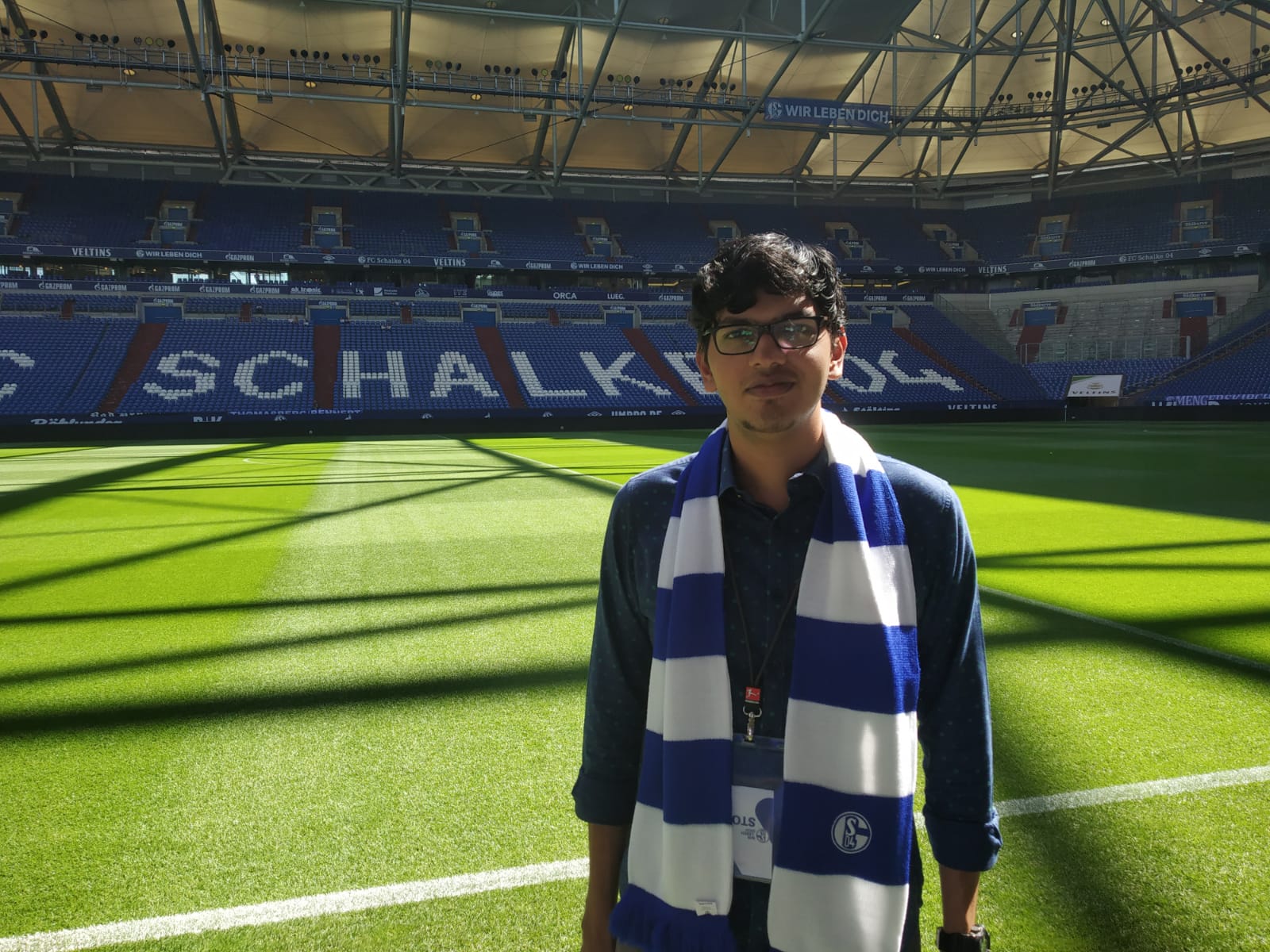As France get ready for the 22nd iteration of the FIFA World Cup in Qatar four years after winning the ultimate prize in Russia, a fundamental question looms large: what will it take to retain the trophy?
No team since the Brazil of Pele, Garrincha and Mario Zagallo, dazzling us with their mesmerising mastery in 1958 and 1962, has won back-to-back World Cups after all. For 60 years now, there have been some outstanding teams that have graced football’s biggest stage and lifted the glittering trophy but haven’t backed it up with another successful campaign four years down the line. Not Diego Maradona’s Argentina. Not Ronaldo’s Brazil. Not the tiki-taka maestros of Spain.
In fact, the last three World Cups make for an even grimmer reading as the defending champions (Italy, Spain and Germany were winners of the 2006, 2010 and 2014 editions respectively) have been ousted at the group stage. France, of course, need not look beyond their own experience as title holders going into the 2002 campaign to understand the pitfalls of success, suffering the ignominy of a group-stage exit following a shock loss to newcomers Senegal in the opener in Seoul, South Korea. That talisman Zinedine Zidane was battling an injury had an impact obviously, but the other stars in that Les Bleus set-up should have still ensured that they advanced to the knockouts at the very least.
So, it is with history stacked against them that France set off on their journey in the Arabian Peninsula. The two-time champions have faced enough hardships since their World Cup triumph in Moscow to know the enormity of the challenge awaiting them. They lost in a penalty shootout to Switzerland to bow out at the Round of 16 stage of the European Championships last year. They also finished third in their group in the 2022/23 UEFA Nations League, which means they won’t be able to defend the title they won in 2021. They have won only one of their last six matches. Coach Didier Deschamps, though, doesn’t seem to be worried by their recent run of form.
“We’re the defending world champions. When you’re at the very top, it’s difficult to do any better,” Deschamps told the FIFA website in October.
“It’s perfectly normal for a team to go on slightly less successful runs, but France remain a really competitive force and are among the top teams in Europe and the world.”
The injuries to N’Golo Kante and Paul Pogba haven’t helped France’s cause. Both of them played integral roles in the midfield in 2018 but will be mere spectators to the action in Doha. In their absence, the focus will be on the star forward line of Karim Benzema, Kylian Mbappe and Antoine Griezmann.
Each of them is a match-winner in his own right, but whether they can click as a collective remains to be seen. They weren’t able to do so in the Euros last year, a decisive factor in their premature exit.
With Deschamps stating that he will prefer a 4-3-1-2 formation at the World Cup, Griezmann will most likely slot in behind Benzema and Mbappe. The left-footed forward’s club form has been patchy ever since he moved from Atletico Madrid to Barcelona in 2019 (he is now back with Atletico), but he still pulls the strings with his vision and incisive passing for the Frenchmen. Ahead of him are two players who can captivate audiences provided they leave their egos behind and work in tandem.
Benzema is arguably the best centre-forward in the world right now, vindicated by the 34-year-old winning the Ballon d’Or last month. His clinical finishing and close control in the 18-yard box are his biggest strengths, complemented nicely by Mbappe’s blistering pace and dribbling skills that can leave the best defenders in his wake. On their day, they will cause dread to most opponents.
The midfield doesn’t have the same star quality, but the likes of Adrien Rabiot, Aurelien Tchouameni, Youssouf Fofana and Eduardo Camavinga are equipped to fulfill their designated roles. In defence, Raphael Varane and Dayot Upamecano are sturdy centre-backs who seldom commit obvious errors. Even if there’s the odd mistake, they can trust the vast experience of Hugo Lloris in goal to bail them out.
Biggest challenge from Denmark
France are placed in Group D alongside Australia, Denmark and Tunisia. They open their campaign against Australia on November 22, followed by matches against Denmark and Tunisia on November 26 and 30. Though recent history, in particular, doesn’t favour defending champions, France – ranked fourth in the world by FIFA – should be able to buck that trend and advance to the Round of 16.
The biggest challenge in the group will come from Denmark, who have beaten France in their last two meetings. The Danes won 2-1 in June and 2-0 in September. Their encouraging run of form is reflected in the FIFA rankings, where they sit tenth ahead of teams like Germany and Croatia.
Tunisia and Australia will be relatively easier opponents, but the cliché that there are no easy games in a World Cup holds true at least for the time being. Remember that the World Cup will expand to 48 teams from the 2026 edition onwards.
As long as France get past the group phase, they know that they have enough players in their armoury with the quality and hunger to step up on the big nights. Never mind that the odds may be against them defending their crown.



